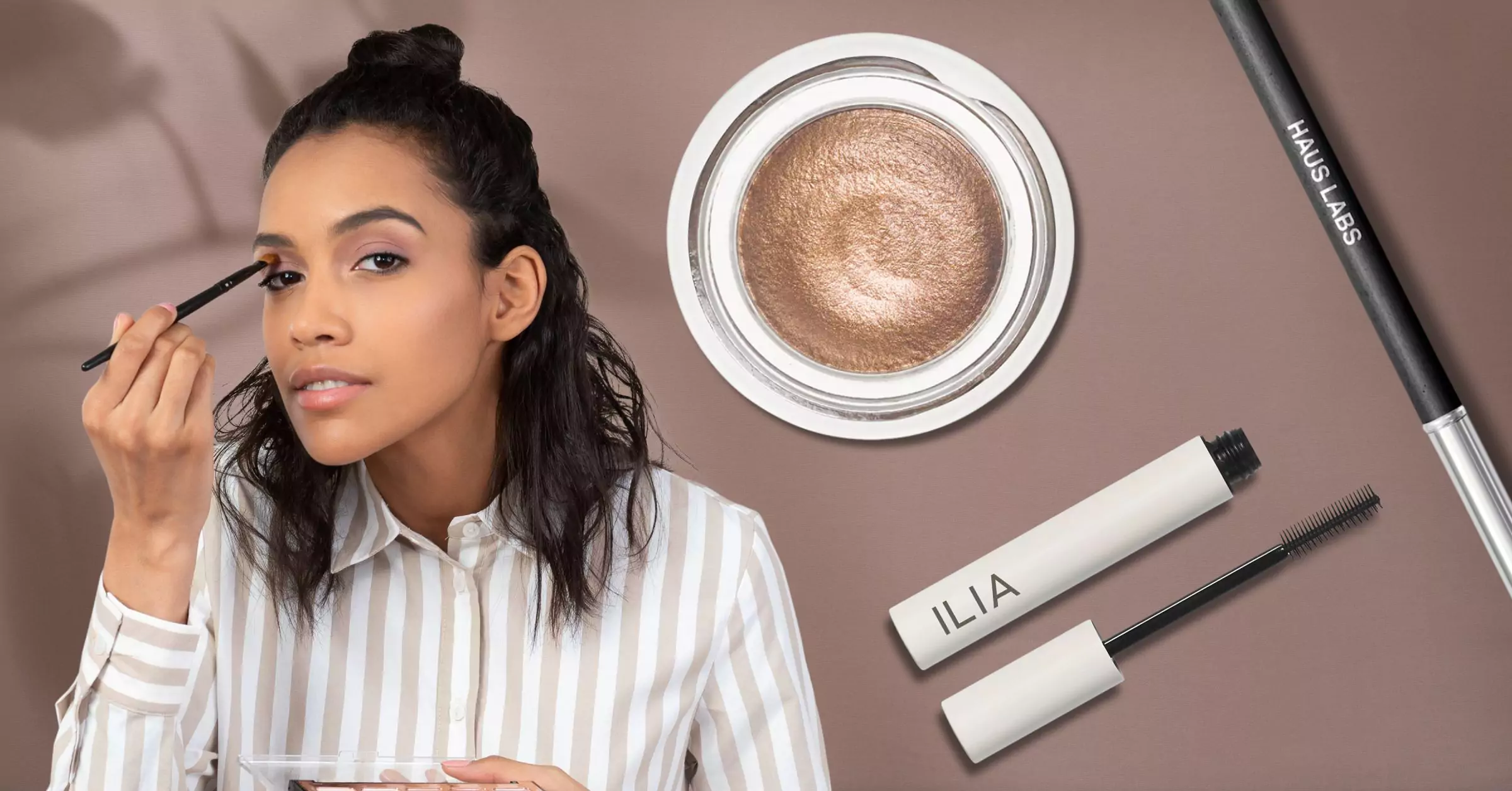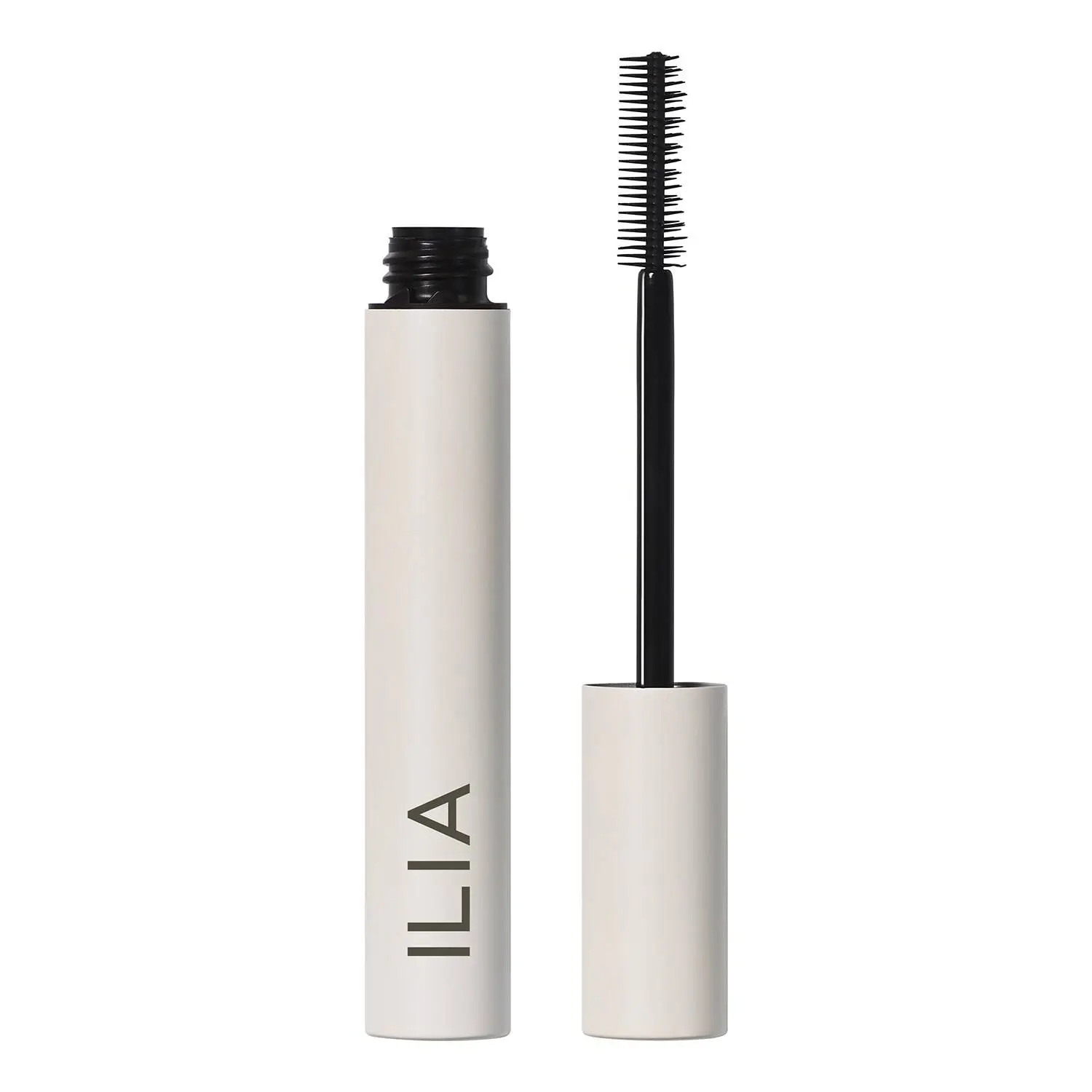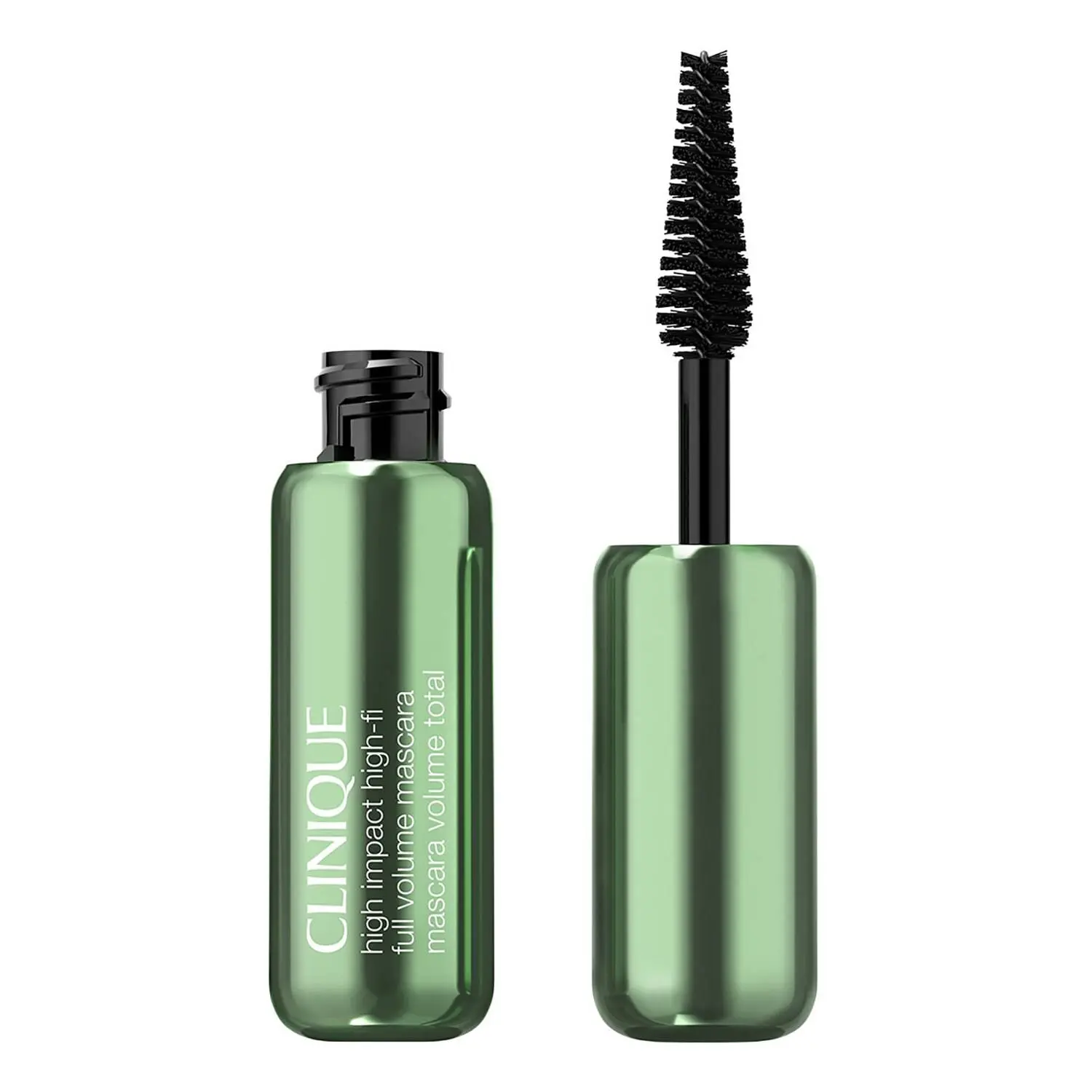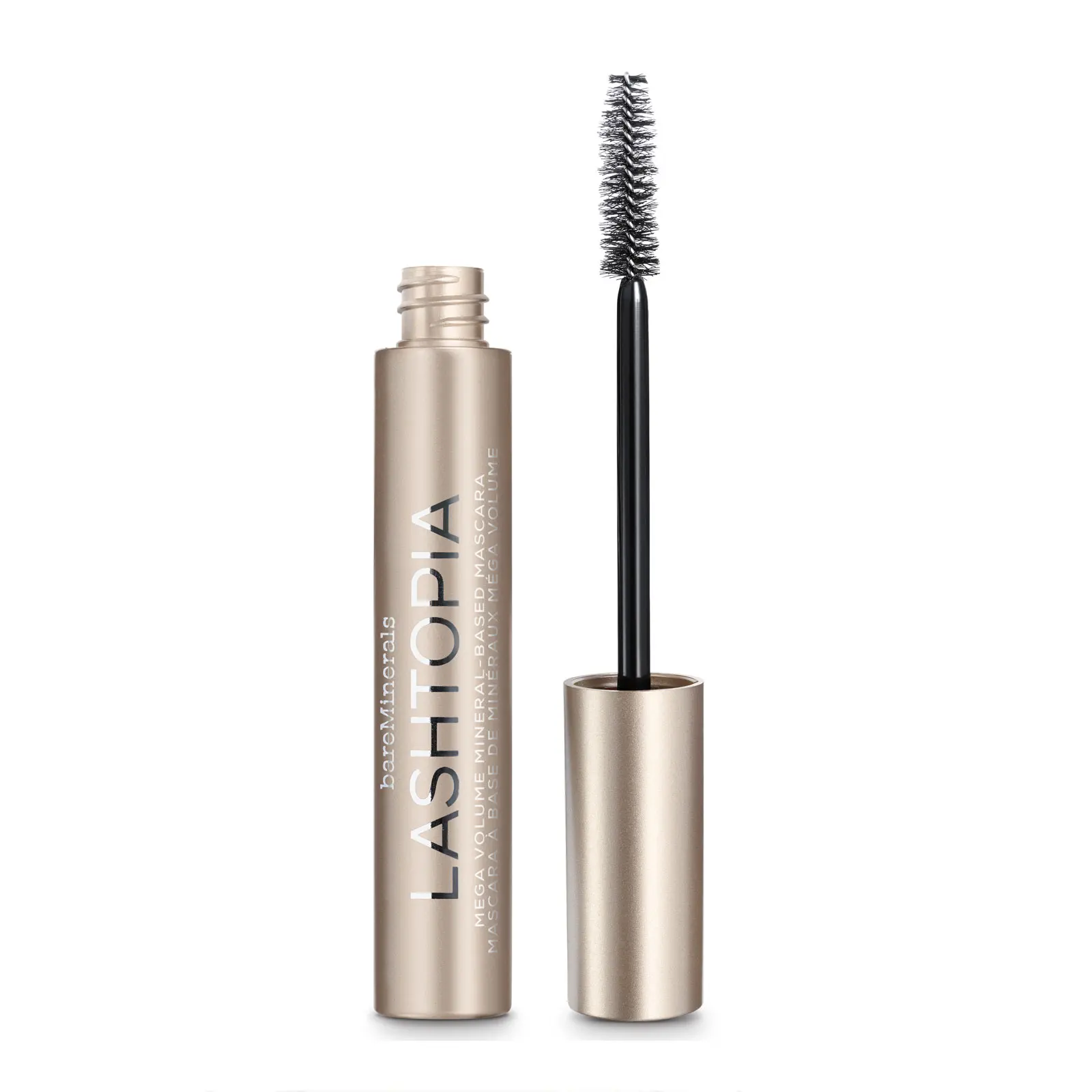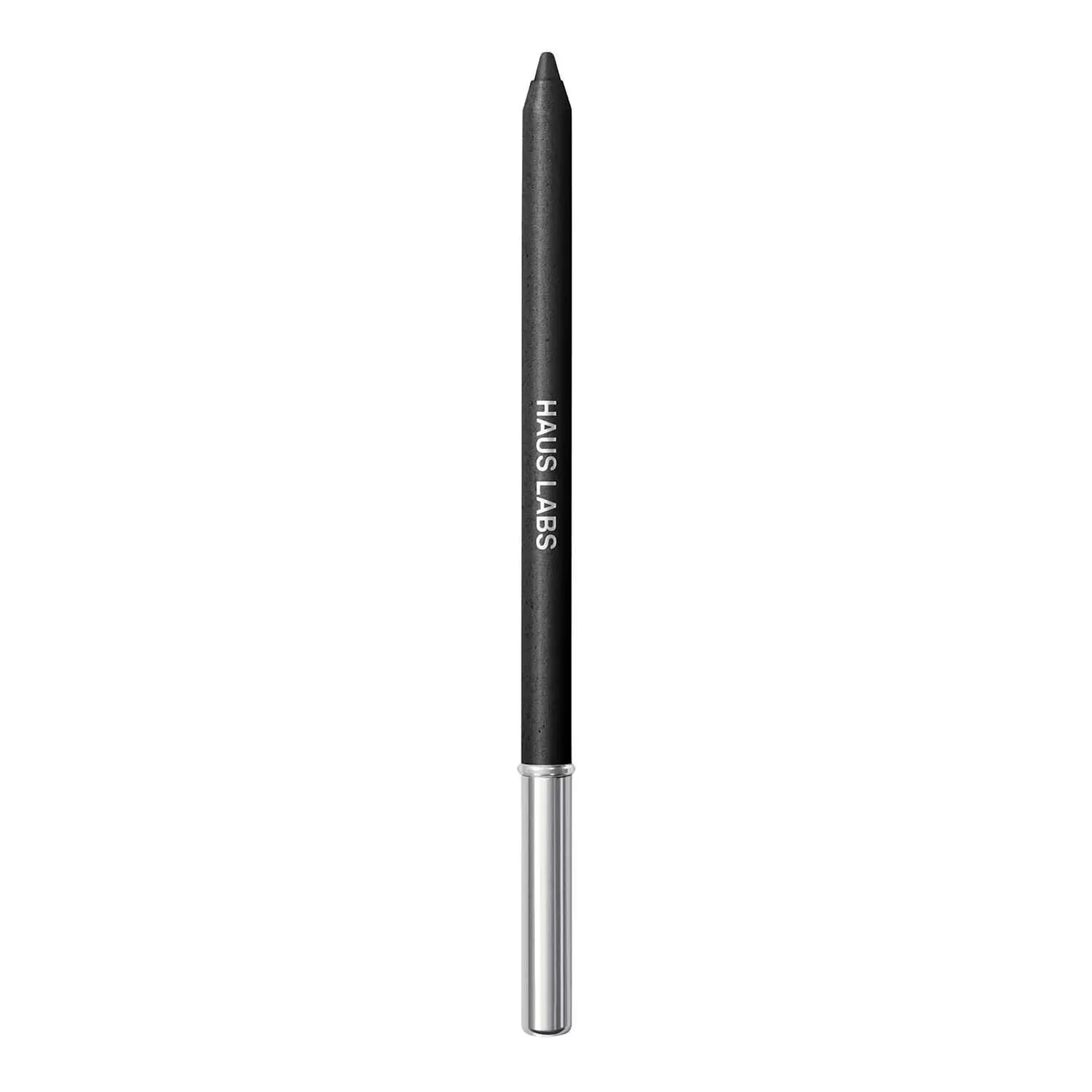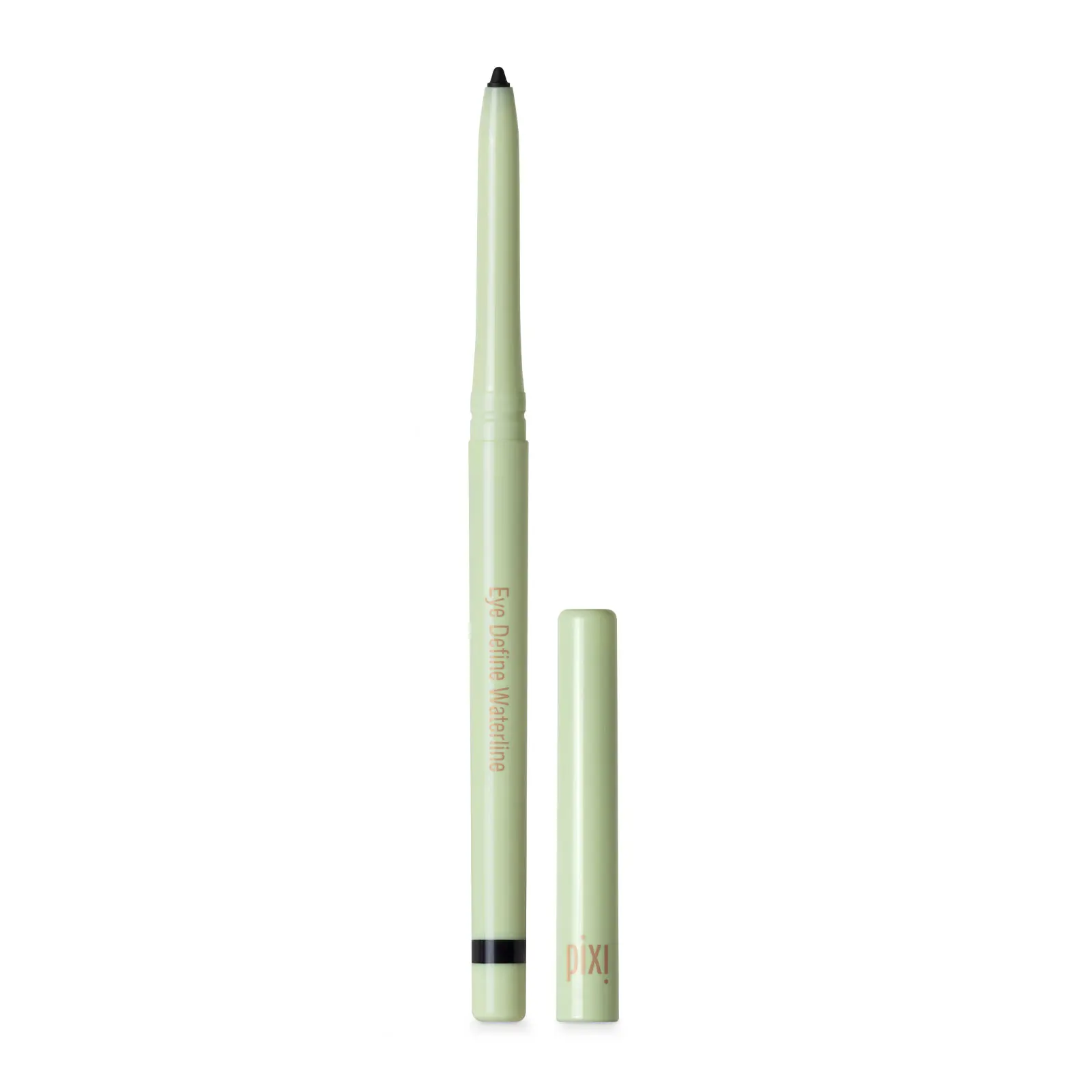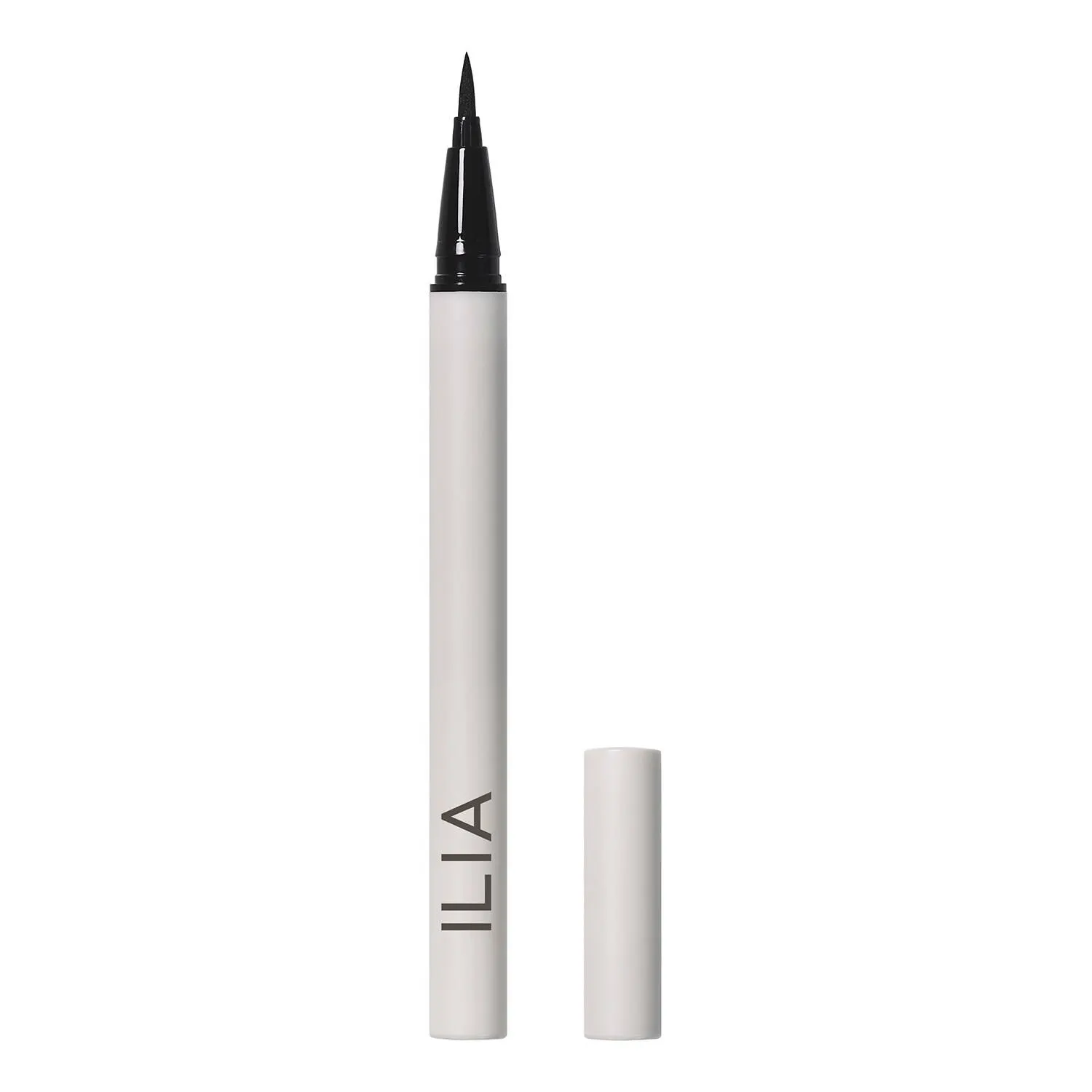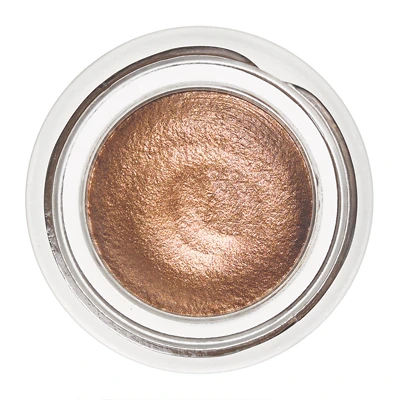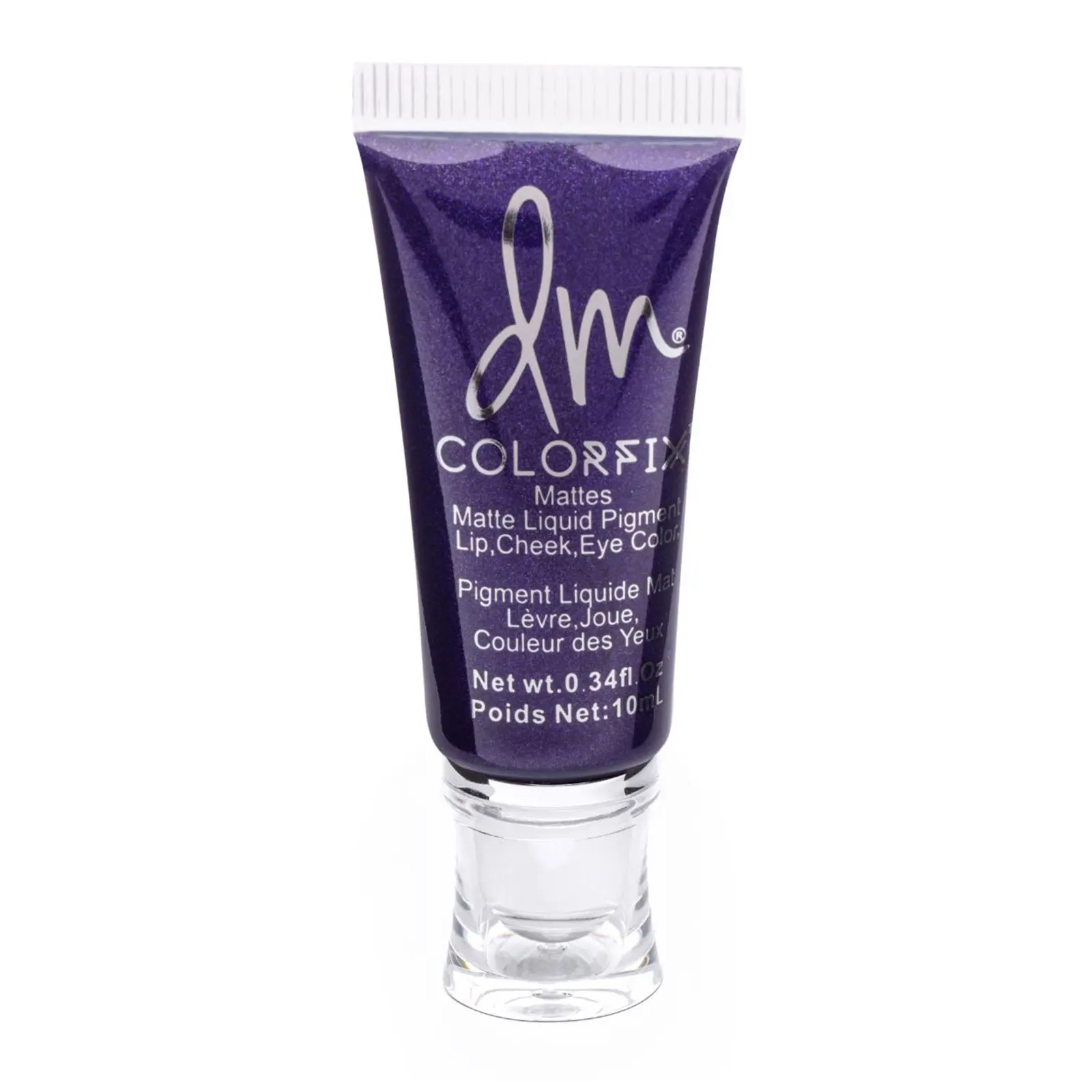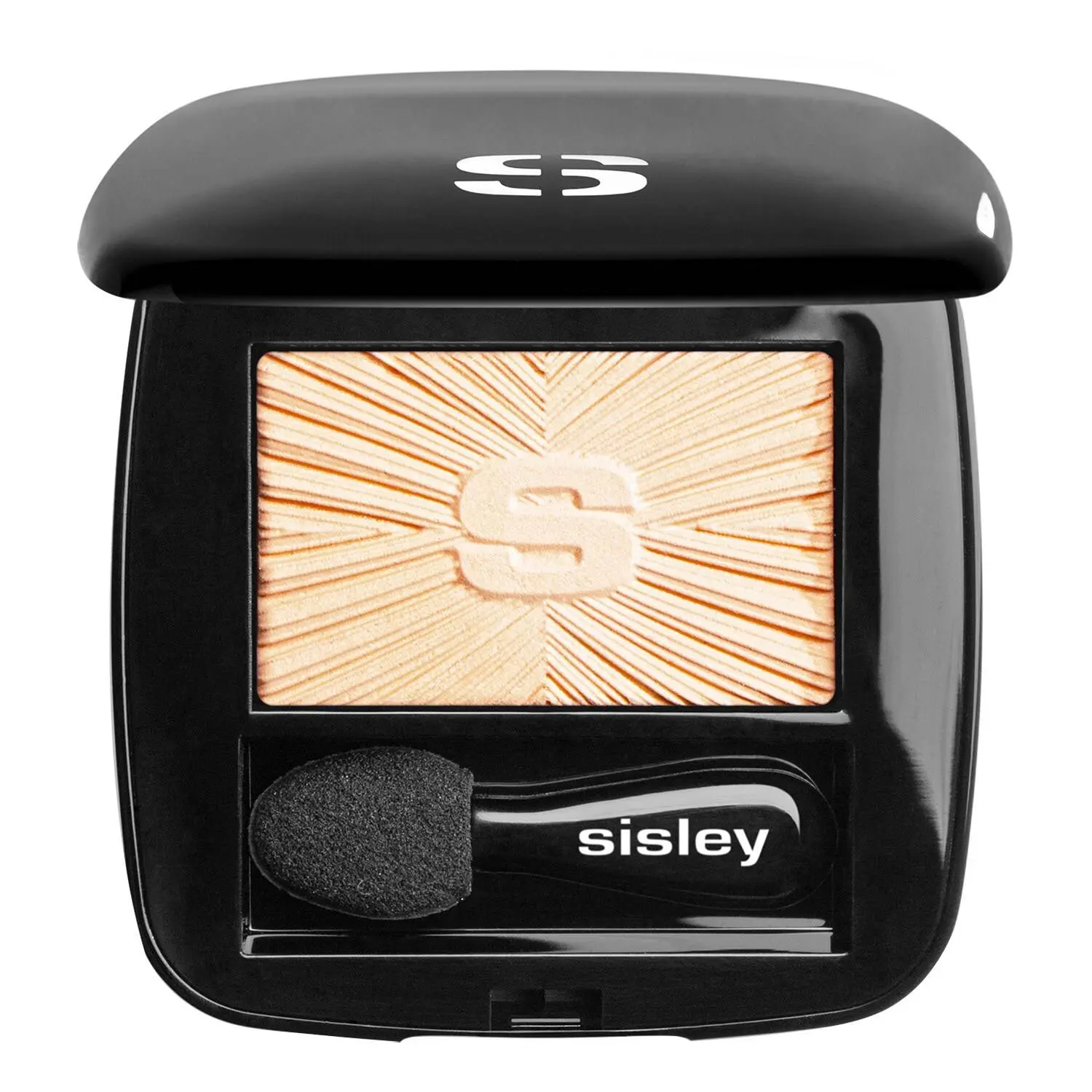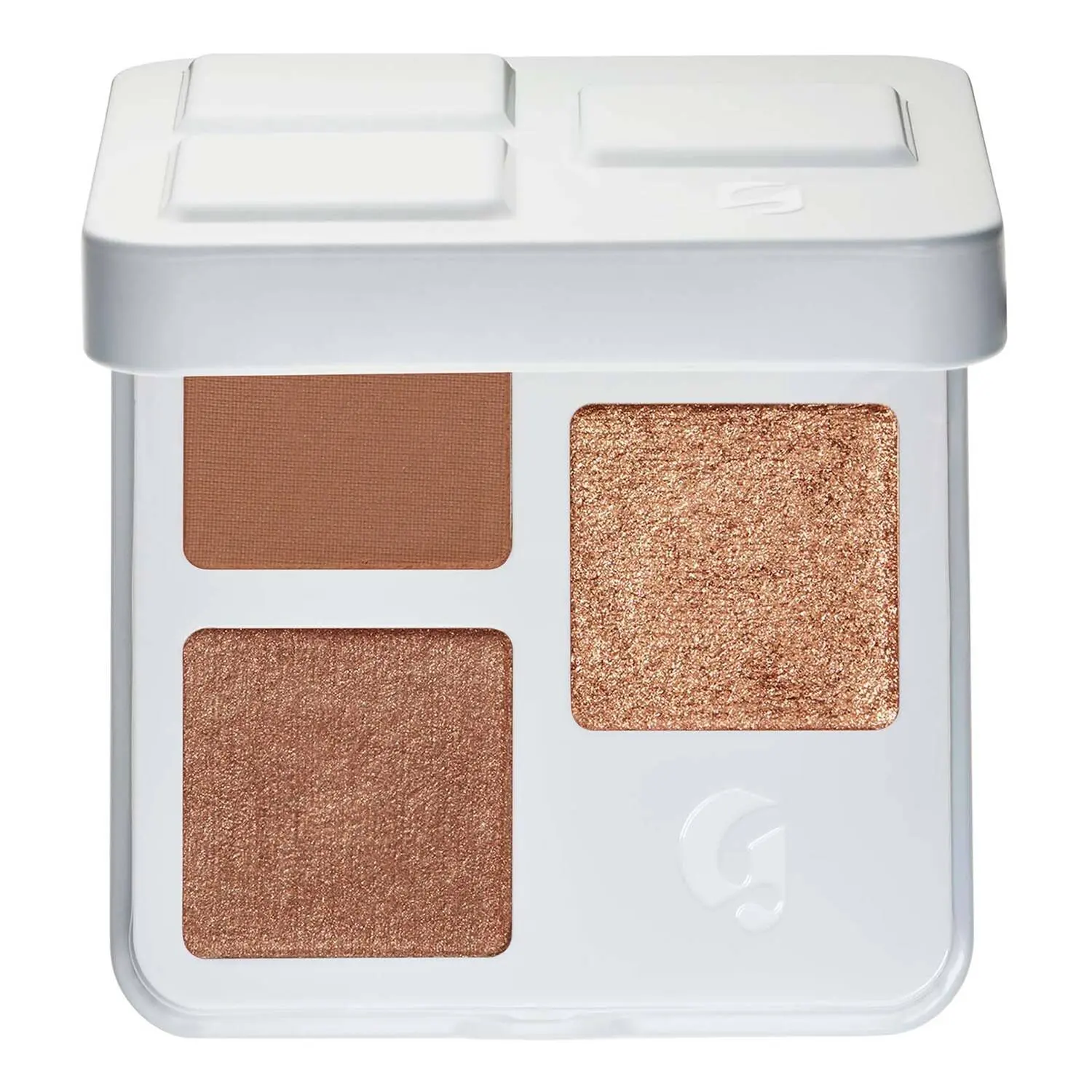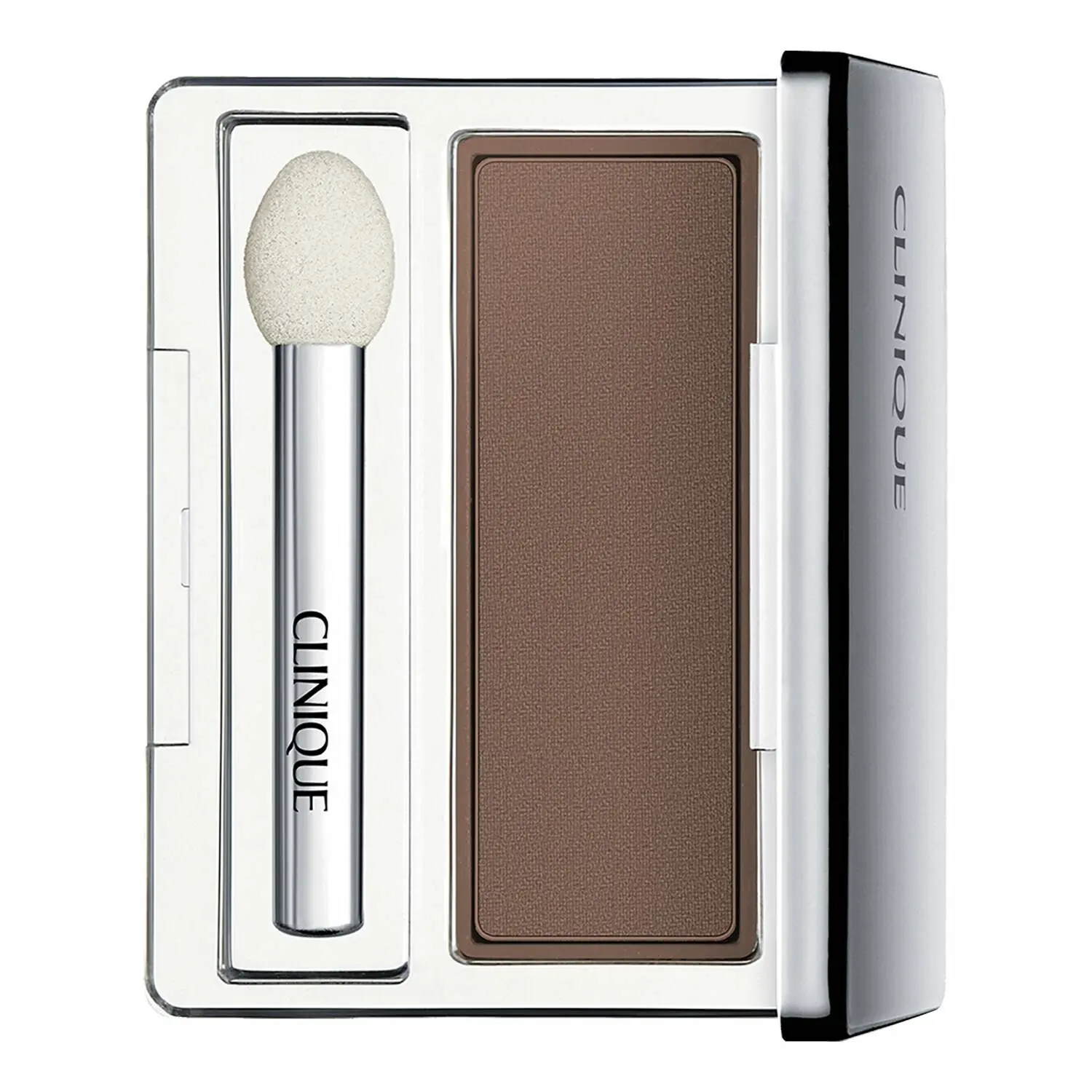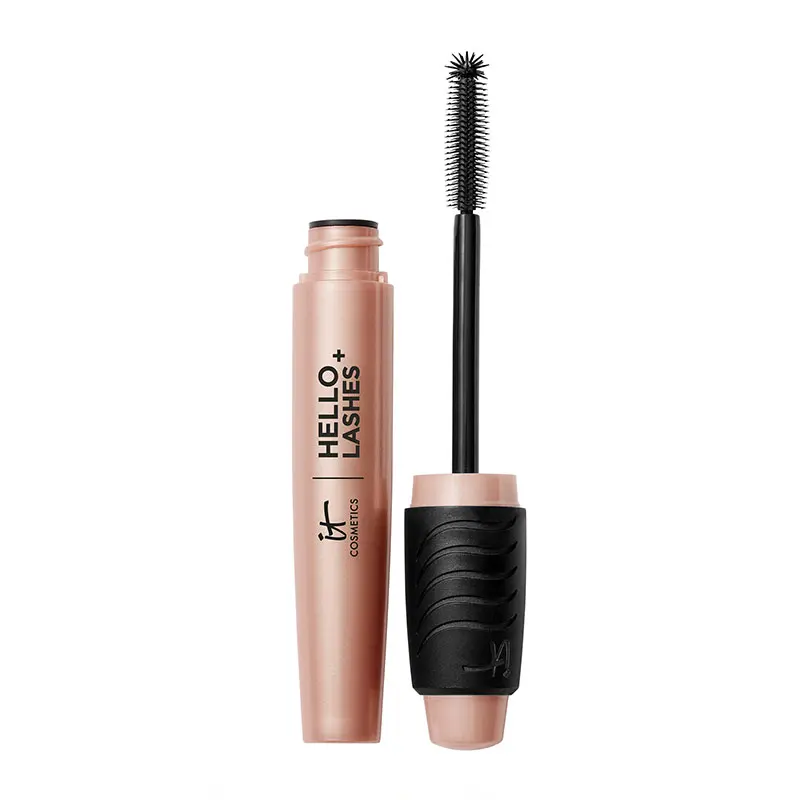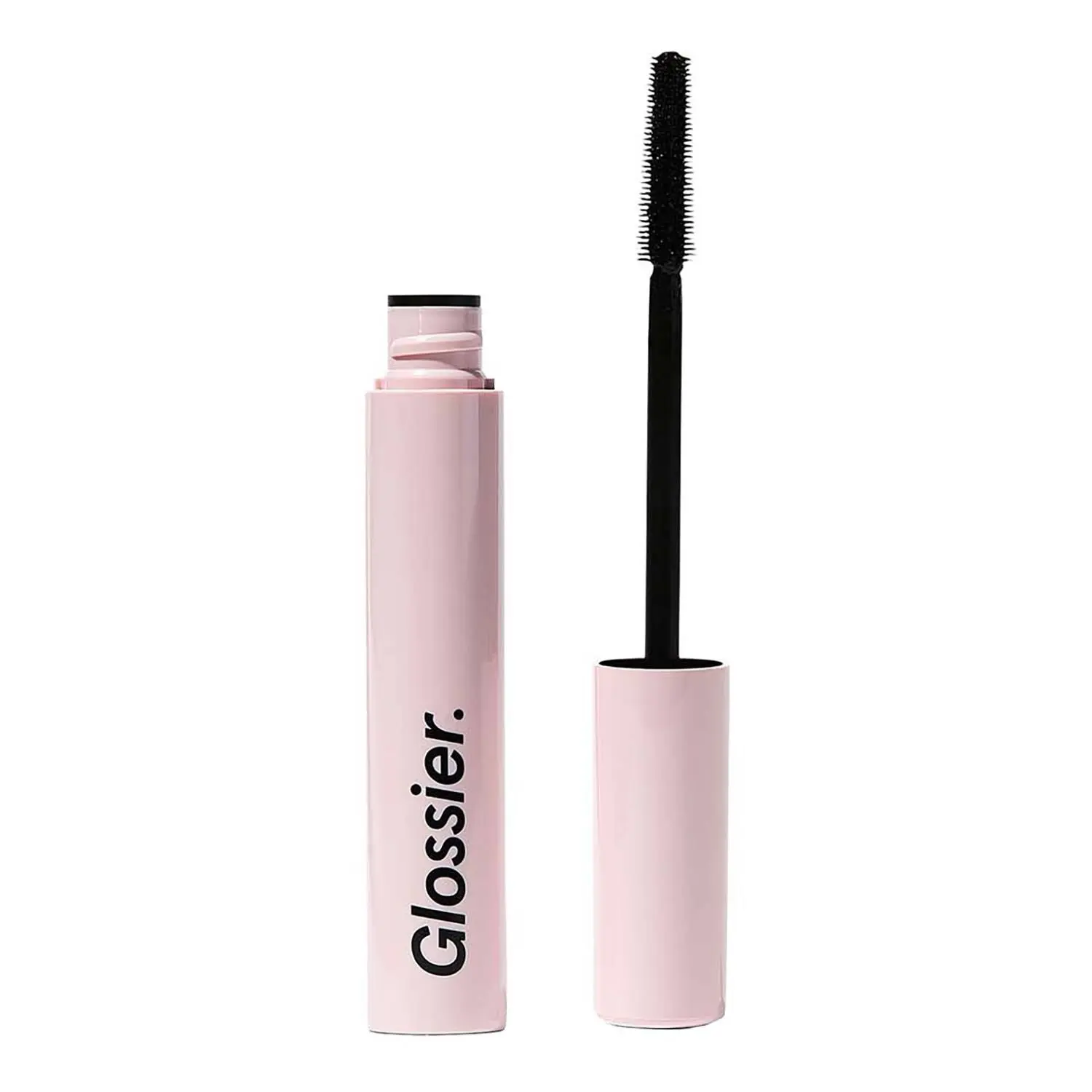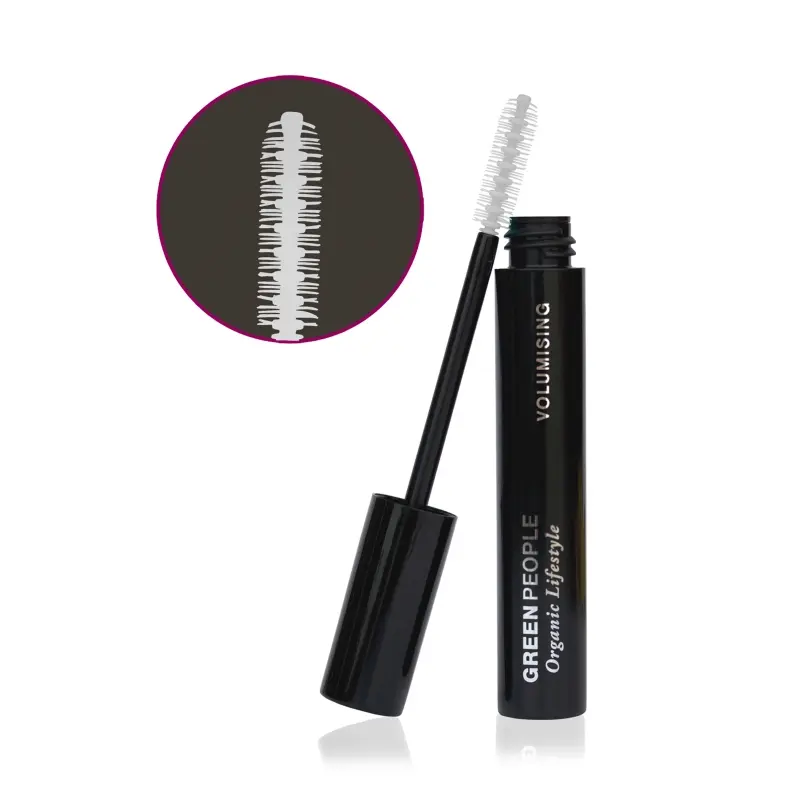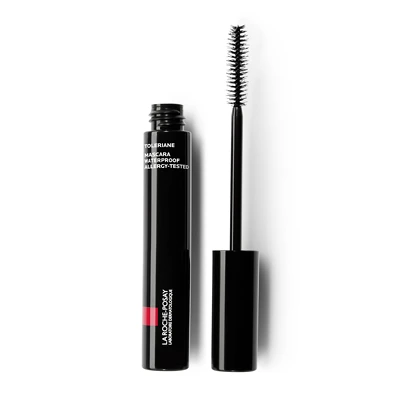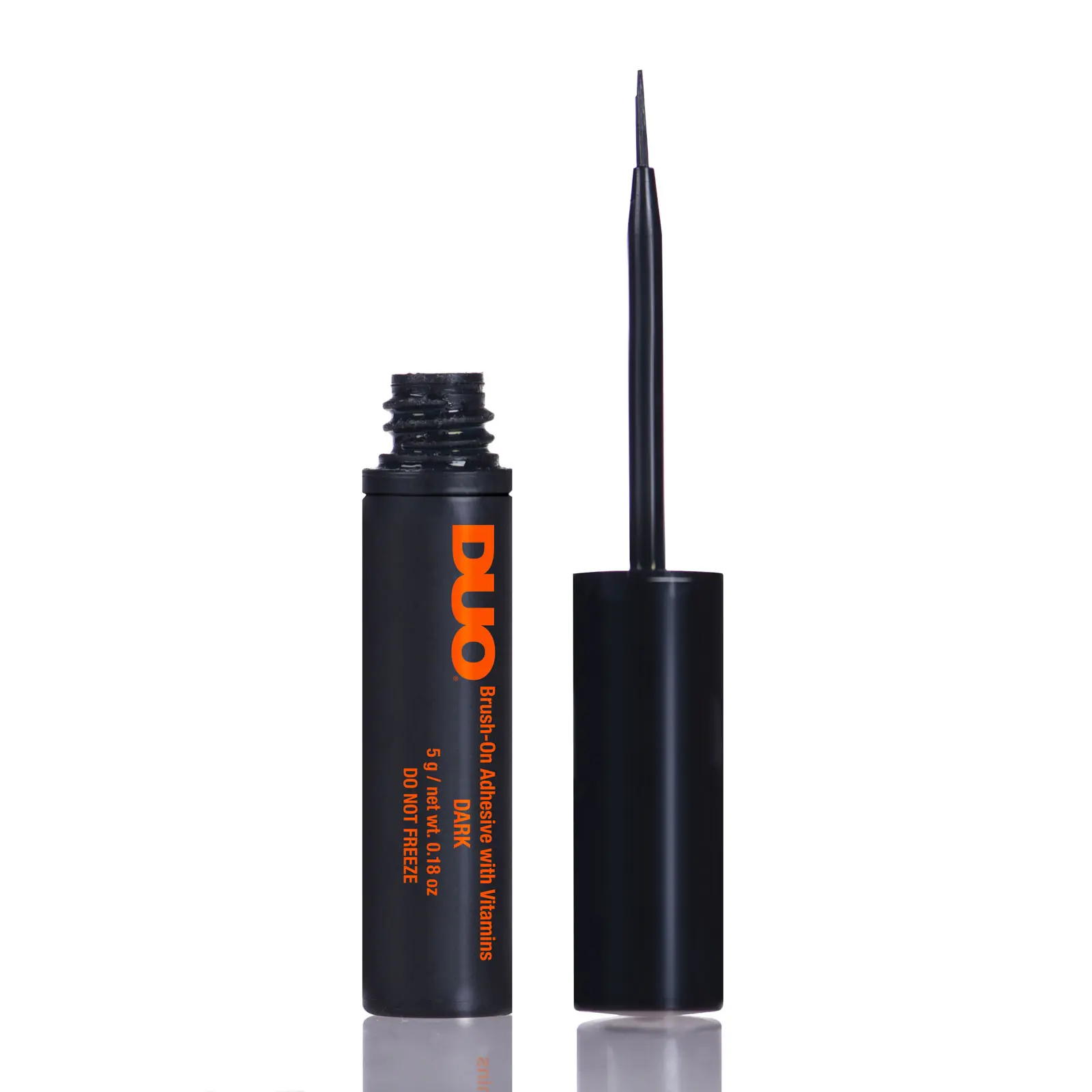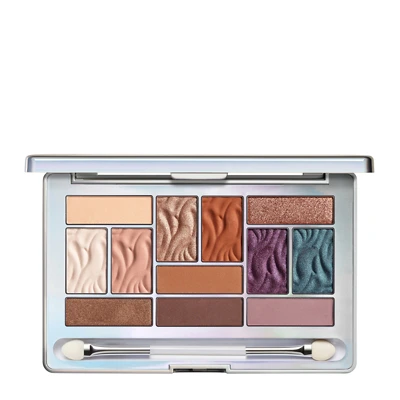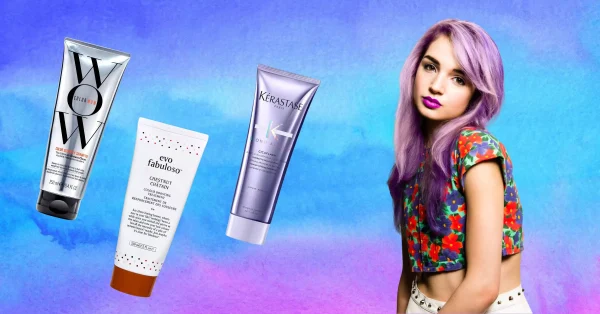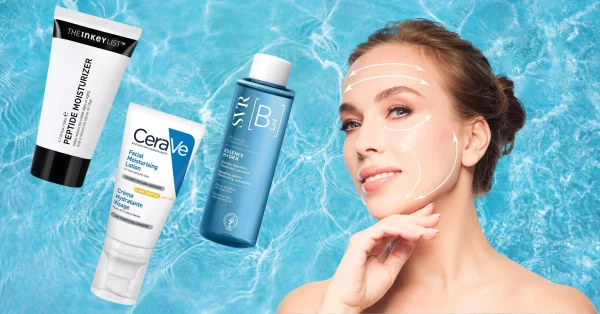Not everyone is blessed with tough skin (literally and proverbially), and some of us shiver at the thought of store-bought makeup products, especially eye makeup. Merely glimpsing such products causes our eyes to water and itch, and we wonder if we’ll ever be able to flaunt those newest makeup trends. However, you must know that not all is lost. In this day and age, there are plenty of choices for hypoallergenic products approved by ophthalmologists that won’t turn your eyes desert dry or your eyelids puffy.
This comprehensive guide provides all the information you might need to pick eye-safe makeup products and master application techniques that are gentle on your eyes. And yes, you can absolutely wear eye makeup even with sensitive eyes!
What are the symptoms and causes of eye sensitivity when wearing makeup?
Sensitivity to eye makeup products can manifest in many ways, but the most usual symptoms are:
Redness
Itching
Tearing
Swelling
Dryness
Eye irritation
Blurred vision
Eye shadow and eye makeup can contribute to these symptoms due to allergic reactions and irritations, as certain ingredients in eye makeup formulas may trigger these adverse effects. If you feel any of these symptoms while using eye makeup products (eyeshadow, pencil, mascara, or anything else), discontinue immediately.
However, to truly get to the root of the cause of such reactions, you might also want to learn what exactly might be causing your symptoms:
Allergens. Many makeup products contain allergens, such as fragrances or preservatives, that are known to cause allergic reactions.
Chemical irritants. Although the makeup industry is increasingly leaning towards using skin-friendly ingredients, some are still using formaldehyde or parabens in their formulations. Both have harsh effects on the skin.
Contaminated products. If kept improperly, makeup products might get contaminated by bacteria or fungi, which are both known to cause allergic reactions. Additionally, makeup particles from these products can worsen symptoms like dryness and irritation, especially when they enter the tear film.
Pre-existing Eye Conditions. Individuals with pre-existing eye conditions such as dry eye syndrome, blepharitis, or ocular allergies may experience heightened sensitivity to makeup due to compromised ocular surface health.
Low-quality makeup. Poor-quality or expired makeup may contain impurities or degraded ingredients that might be the cause of your allergic reaction.
If you’ve checked all of the causes above and none of them seem to apply to your case, there still are things you can do to improve your condition.
Avoid Waterproof Makeup
Yes, waterproof makeup is a glorious thing for those active days and long nights, but it might also be the root cause of your eye sensitivity. Here’s why: for mascara to be truly waterproof, it has to have a higher concentration of synthetic chemicals to create its water-resistant properties. Those chemicals are not good for sensitive eye skin and might be causing your allergies. Besides, waterproof makeup is also quite hard to remove, and all that additional scrubbing and use of harsher makeup removal products might also be the trigger to an allergic reaction.
Thankfully, though, there are plenty of eye-safe, smudge-proof mascaras to choose from nowadays. Below are a couple of our favorites.
Avoid water and lash lines when applying eye makeup
Besides the occasional painful poke in the eye with your mascara, there are several more reasons why you should avoid water and lash lines when applying your makeup. especially if you have sensitive eyes!
One of the reasons is the risk of eye infection by introducing bacteria or pathogens right into your eyes. If your eyes are already sensitive, you might be at greater risk of such infections as conjunctivitis or styes by putting makeup on your lash line. This next thing might come as a surprise, but you’re actually clogging your meibomian glands by applying makeup in the eyelid margins. By blocking these oddly-named glands, you’re risking a dry eye symptom. Lastly, putting makeup in water and lash lines interferes with the thin layer of moisture (also known as tear film) that covers your eye for protection and lubrication. Disrupting this layer might lead to irritation and dry eyes.
Never share makeup products
Although you might be trusting your BFF as much as to share your makeup with them, it is never a good idea to do so. See, while another person might not be presenting any symptoms of infection, they might be carriers, and you might be the next victim of the pathogens they shared with you.
So, as much as you’d like to have the same makeup routine, better stick to your own individual products or products that can be shared without directly touching other person’s skin or eyes.
Buy Products Made For Sensitive Skin
It might seem obvious to look for products formulated for delicate skin when picking out eye makeup, but sometimes, we just forget about it. So, next time, when picking out your makeup products, look for these clues on the packaging:
Suitable for sensitive skin
Hypoallergenic
Ophthalmologist tested
Fragrance free
Paraben free
Free from harsh ingredients
Or look for symbols identifying that the product is for sensitive skin. Brands use different icons for it, but they are usually easy to understand.
It’s also crucial to select makeup brands that specialize in hypoallergenic products. For instance, ILIA is known for formulating products specifically for individuals with skin allergies, showcasing the importance of choosing brands that avoid low-cost ingredients that can cause allergic reactions.
Such products are generally safe to be used by people with skin allergies; however, if you still feel irritation using them, you might want to dig deeper and look into the ingredients list to find the exact culprit.
Ingredients in eye makeup that cause sensitivity and irritation
Eye makeup products can contain a variety of ingredients that have the potential to cause sensitivity and irritation, especially in individuals with sensitive eyes or skin. Here are some common culprits:
Fragrances. Fragrances are added to many cosmetics to enhance their scent. However, fragrances are a common cause of irritation, particularly around the delicate eye area. Fragrance ingredients, both natural and synthetic, can trigger allergic reactions and irritation in sensitive individuals.
Preservatives. Preservatives are added to cosmetics to prevent microbial growth and extend shelf life. Common preservatives such as parabens, formaldehyde-releasing agents, and phenoxyethanol can be irritating to the eyes and may cause allergic reactions in some people.
Dyes and Pigments. Colorants are used to give makeup products their desired hue. Certain dyes and pigments, particularly coal tar dyes and synthetic colorants, can cause irritation and allergic reactions in sensitive individuals. Look for products labeled as “dye-free” or “suitable for sensitive eyes” to minimize the risk.
Fatty Alcohols. Fatty alcohols, such as cetyl alcohol and stearyl alcohol, are commonly used as emollients and thickeners in cosmetics. While generally considered safe, these ingredients can be comedogenic and may cause irritation, particularly if they accumulate along the lash line or inner eye area.
Silicones. Silicones are used in many cosmetics, including eye makeup, to improve texture, spreadability, and longevity. While silicone-based products are generally well-tolerated, some individuals may experience sensitivity or irritation, especially if the silicone forms a barrier that traps moisture and debris against the skin.
Formaldehyde-releasing Agents. Some cosmetics contain preservatives that release small amounts of formaldehyde over time to inhibit microbial growth. Formaldehyde-releasing agents, such as DMDM hydantoin and imidazolidinyl urea, can be irritating to the eyes and may trigger allergic reactions in sensitive individuals.
Fragrance Cross-reactors. Even if a product is labeled as fragrance-free, it may still contain ingredients that can cross-react with fragrance allergens and cause irritation. Common fragrance cross-reactors include botanical extracts, essential oils, and certain preservatives.
Sulfates. Sulfates, such as sodium lauryl sulfate (SLS) and sodium laureth sulfate (SLES), are surfactants commonly used in cleansers and foaming agents. These ingredients can be drying and irritating to the skin and eyes, particularly if they come into direct contact with the ocular surface.
Bismuth Oxychloride. Bismuth oxychloride is a pearlescent pigment used in some cosmetics, including eyeshadows and blushes. While generally considered safe, bismuth oxychloride can be irritating to sensitive skin and may cause itching or redness, especially around the eyes.
Individuals with sensitive eyes should carefully read the ingredient labels of eye products and avoid products containing known irritants or allergens. Patch testing new products on a small area of skin before applying them to the eyes can also help identify potential sensitivities. If irritation or allergic reactions occur, discontinue the use of the product and consult a dermatologist or allergist for further evaluation and management.
What is hypoallergenic eye makeup? (And will it actually help?)
Hypoallergenic eye makeup refers to products that are formulated to minimize the risk of causing allergic reactions or irritation in sensitive individuals. These products are designed to be gentle on the delicate skin around the eyes and are often free from common allergens and irritants.
Whether hypoallergenic eye makeup will help depends on your specific sensitivities and allergies. While these products are formulated to be less likely to cause allergic reactions or irritation, they may still contain ingredients that some are sensitive to. It’s essential to carefully read the ingredient labels and patch-test new products on a small area of skin before applying them to the eyes. That said, even though a product is labeled as hypoallergenic, still take a glance at the ingredients list – who knows, there might be a fragrance lurking there anyway.
Overall, hypoallergenic eye makeup can be a good option for individuals with sensitive eyes or skin, as they are less likely to contain common allergens and irritants. However, it’s essential to choose products wisely and pay attention to how your skin reacts to them. Each of us is different, and so are our skin reactions to different products!
It’s real when you’re with Monetha. 😉 We find the best deals for the nicest products + give you cashback when you buy through Monetha.

Makeup tips for sensitive eyes
Okay, so now that we know all there is to know about products for sensitive skin around the eyes and how to choose them, it’s time for action. Here are our tips for applying makeup for sensitive skin and eyes. It’s crucial to use clean makeup brushes for applying and blending eyeshadow, as this prevents exposing the eyes to irritants. Regular cleaning of makeup brushes is essential to avoid the accumulation of bacteria and environmental irritants on the bristles.
For those who wear contacts, it’s important to put in your contacts before applying makeup. Choose makeup products that are suitable for contact lens wearers, focusing on allergen-free formulations to minimize the risk of allergic reactions and infections. This practice ensures that your eyes remain protected while looking their best.
How do you apply eye makeup for dry eyes?
Start with moisturizing the eye area using a hydrating eye cream. Choose cream-based or gel formulas for eyeshadows and eyeliners instead of powders. Apply makeup sparingly to avoid overloading the delicate eye area, and use soft makeup brushes if possible. Avoid waterproof formulas as they can be drying. Use gentle, oil-based makeup removers when removing eye makeup. Stay away from products containing alcohol or fragrances. Keep your eyes hydrated throughout the day with lubricating eye drops, especially if you’re one of contact lens wearers.
Which eyeshadow is best for dry eyes?
Cream-based eye shadows are often considered best for individuals with dry eyes. These formulas are typically more hydrating and moisturizing compared to powder eyeshadows, which can sometimes accentuate dryness and settle into fine lines and creases. Cream eyeshadows provide a smooth and dewy finish, helping to nourish the delicate skin around the eyes while adding color and dimension. Look for cream eyeshadows with hydrating ingredients such as glycerin, hyaluronic acid, or shea butter to provide extra moisture and comfort for dry eyes.
Additionally, opt for hypoallergenic, fragrance-free, and gentle eye makeup products to minimize the risk of irritation and allergic reactions. It’s also important to replace eye shadow regularly to prevent bacterial buildup, ensuring the health and safety of your eyes.
Which eyeshadow is best for sensitive eyes?
When choosing eyeshadow for sensitive eyes, opt for hypoallergenic formulas, preferably mineral-based or cream textures. It’s crucial to select eye shadows that are designed to minimize the risk of irritation and allergic reactions, focusing on those that are gentle and suitable for sensitive skin. Look for products labeled as gentle or suitable for sensitive skin, and consider performing a patch test before applying to the entire eye area. Additionally, ensure thorough yet gentle removal at the end of the day to minimize the risk of irritation.
What mascara can I use for dry eyes?
For dry eyes, consider using a mascara that is hydrating and gentle on the lashes and eye area. Look for mascaras with moisturizing ingredients such as hyaluronic acid, glycerin, or vitamin E to help nourish and condition the lashes while providing hydration. Additionally, opt for mascaras that are labeled as hypoallergenic and suitable for sensitive eyes to minimize the risk of irritation. Choose mascaras with lightweight formulas that won’t weigh down the lashes or cause clumping, as these can be more comfortable for individuals with dry eyes.
Waterproof mascaras should be avoided, as they can be drying and difficult to remove, potentially exacerbating dryness and discomfort. Instead, opt for water-resistant or smudge-proof formulas that provide long-lasting wear without compromising comfort. Lastly, be sure to remove mascara gently and thoroughly at the end of the day using a gentle, oil-based makeup remover to avoid further irritation to the eyes.
What is the best eye makeup for sensitive skin and eyes?
When selecting eye cosmetics for sensitive skin and eyes, it’s essential to prioritize products that are gentle and unlikely to cause irritation. Look for makeup brands known for their gentle formulations specifically designed for sensitive skin and eyes and makeup labeled as hypoallergenic and specifically formulated for sensitive skin. Unfragranced options are preferable, as fragrances can be a common irritant for sensitive individuals.
Consider choosing mineral-based eyeshadows and cream formulas, as these tend to be less likely to cause irritation compared to powder products. Before applying new products to your entire eye area, perform a patch test on a small area of skin to check for any adverse reactions or sensitivities. Additionally, ensure thorough yet gentle removal of eye makeup at the end of the day to avoid further irritation.
Conclusion
In conclusion, navigating makeup choices with sensitive eyes can be daunting, but it’s not impossible. With the availability of hypoallergenic and ophthalmologist-approved products, individuals with sensitive eyes can still enjoy the benefits of eye makeup without discomfort or eye irritation.
By understanding the symptoms and causes of eye sensitivity, choosing the right products, and adopting gentle application techniques, it’s entirely feasible to achieve beautiful eye looks while maintaining ocular health. Remember to prioritize hydration, avoid irritants, and listen to your skin’s needs. With the right approach, wearing makeup with sensitive eyes is not only achievable but also enjoyable.
It’s real when you’re with Monetha. 😉 We find the best deals for the nicest products + give you cashback when you buy through Monetha.

